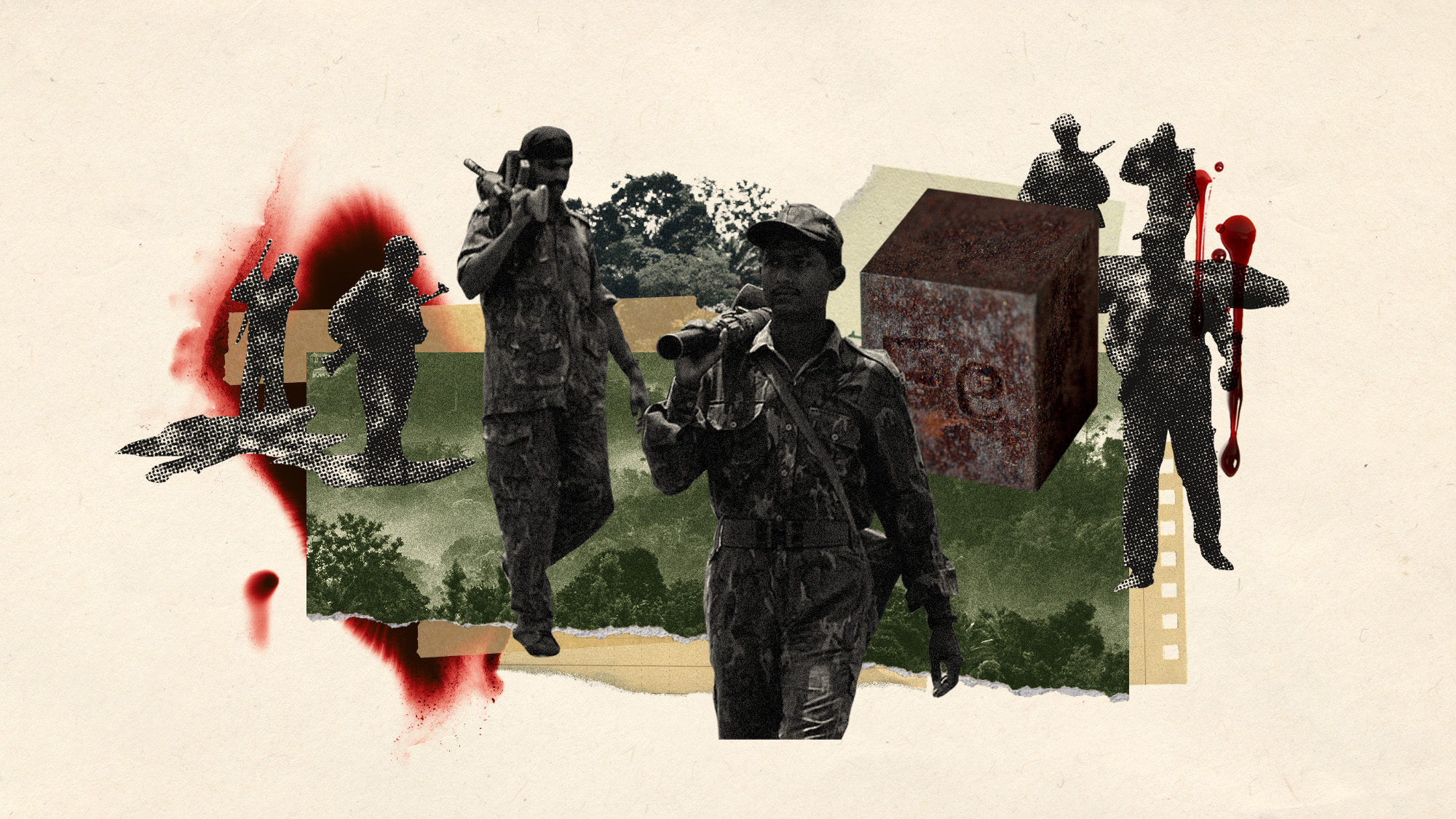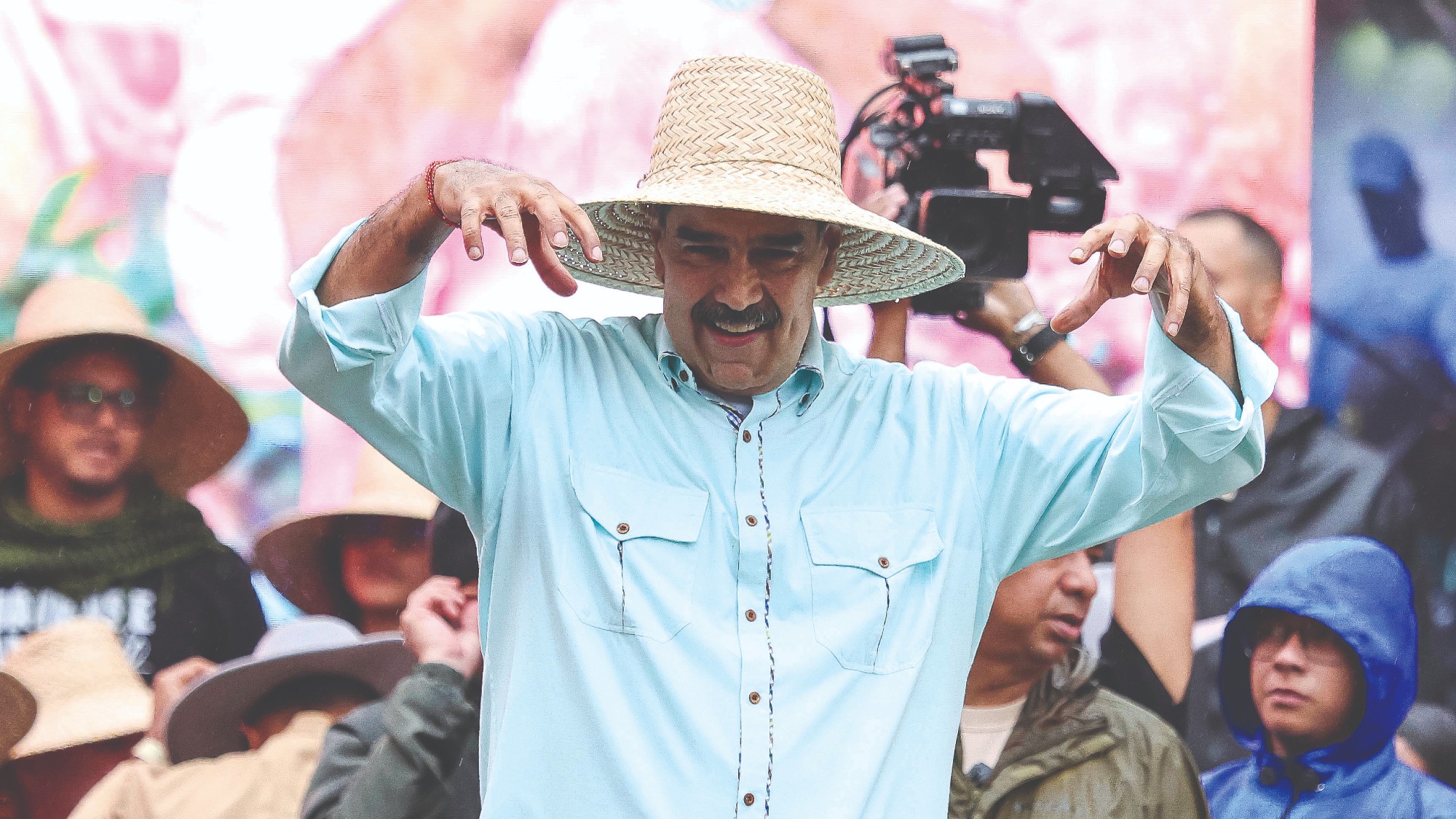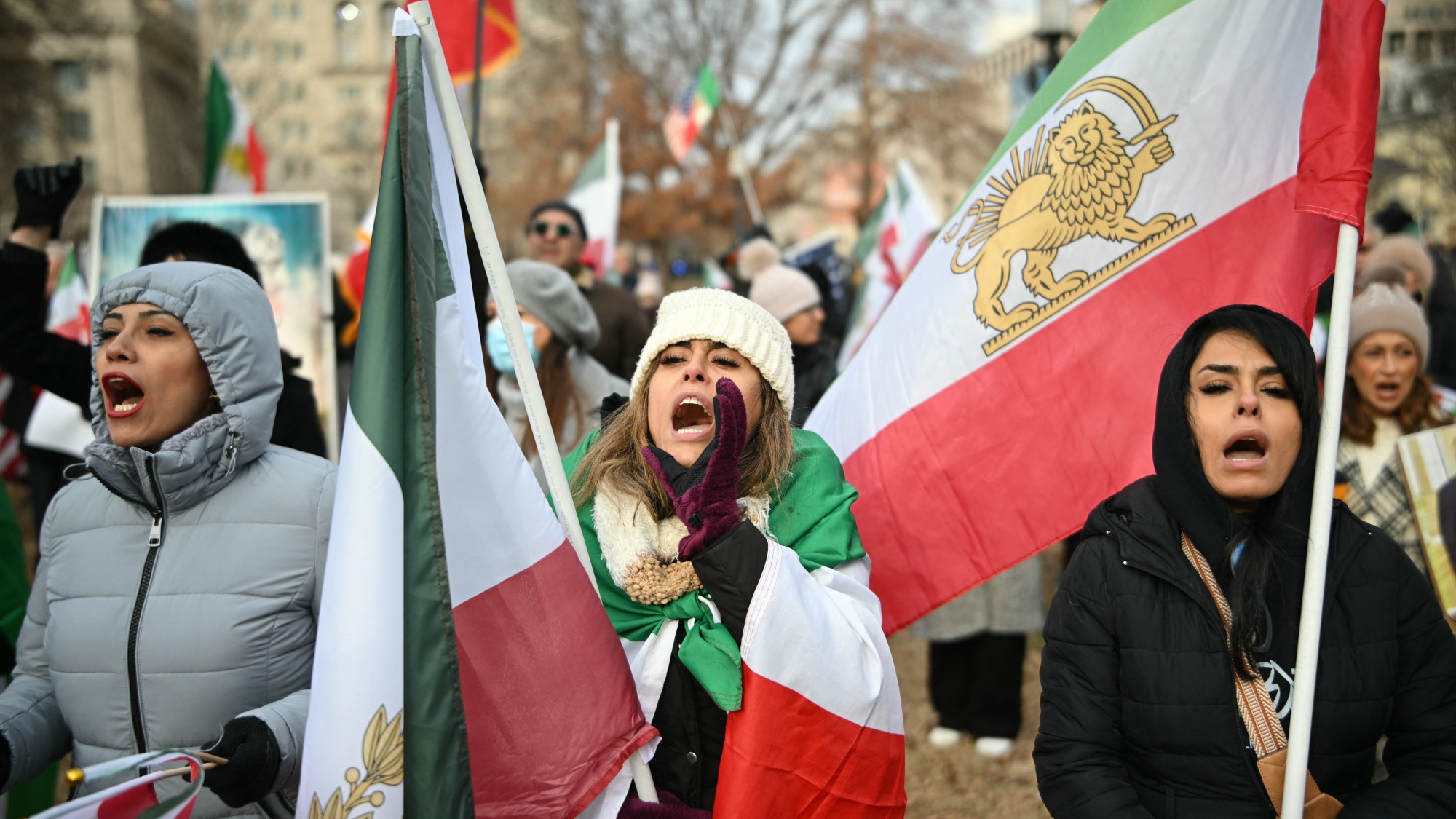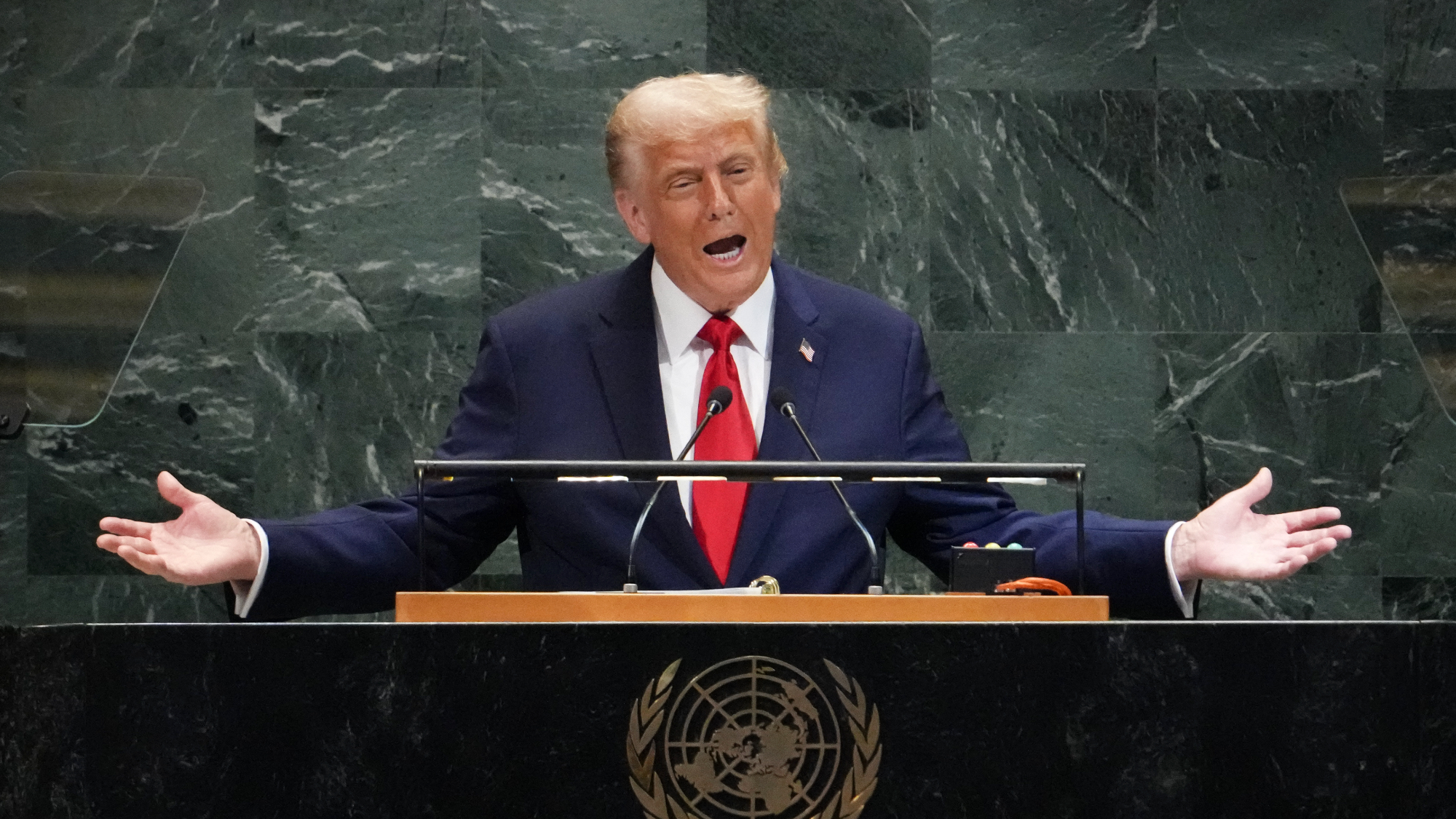Is this the end for India's Maoist insurgency?
Narendra Modi clamps down on Naxalite jungle rebels in move some see as attempt to seize mineral wealth

A free daily email with the biggest news stories of the day – and the best features from TheWeek.com
You are now subscribed
Your newsletter sign-up was successful
After nearly 60 years of violence, the jungle-based struggle for communist rule in India could finally be coming to an end. Operation Kagar, a military offensive launched by Indian security forces in April this year, has apparently reduced to remnants the once-powerful Naxalite insurgency group. But Prime Minister Narendra Modi's crackdown on the guerrilla movement "comes at a bloody price", and may, critics say, be motivated by something "other" than a "wish for peace", said The Guardian.
Agrarian revolution
The Naxalite insurgency began in 1967, with a peasant uprising in Naxalbari, West Bengal. Inspired by Chinese communist leader Mao Zedong and Marxist-Leninist ideology, the rebels advocate for class struggle and agrarian revolution through armed resistance. Their aim is to overthrow the government and establish a communist state.
The insurgents say their fight is for the rights of indigenous tribes and the rural poor, pointing to decades of state neglect and land dispossession. Since 2000, violence between insurgents and security forces has claimed nearly 12,000 lives, more than 4,000 of them civilian, according to the South Asian Terrorism Portal.
The Week
Escape your echo chamber. Get the facts behind the news, plus analysis from multiple perspectives.

Sign up for The Week's Free Newsletters
From our morning news briefing to a weekly Good News Newsletter, get the best of The Week delivered directly to your inbox.
From our morning news briefing to a weekly Good News Newsletter, get the best of The Week delivered directly to your inbox.
The strength of the insurgency has "surged" at various points over the past 50 years, said The Guardian. During its "peak" in the early 2000s, the Naxalites controlled "large swathes of the country, known as the 'red corridor'", and had more than 30,000 foot soldiers. But now there are thought only to be about 500 active fighters, operating in "limited districts".
Corporate interests
Last month, India's most-wanted Naxalite, Nambala Keshava Rao, was cornered and killed, along with 26 others, in a major attack, described by Home Minister Amit Shah, as "the most decisive strike" against the Maoist insurgency in three decades, said the BBC. The moment marked "more than a tactical victory", it also signalled a "breach in the Maoists' last line of defence in Bastar", the densely forested heartland that's been the group's "fiercest stronghold" since the 1980s.
The government crackdown has its sceptics, however, given the Naxalite leaders' repeated calls, since the start of the year, for a ceasefire and peace negotiations. The government has "ignored" these calls, said The Guardian, reinforcing a "suspicion among activists and lawyers" that the main motive for the crackdown is "not peace but corporate interests". The forests in which the insurgents have historically operated are "rich with coal and minerals", such as iron ore, and some of India's biggest industrialists have plans to expand their mining operations there, with government backing.
"This is not an anti-Maoist operation; it is a killing spree," N. Venugopal, a newspaper editor who has spent years writing about the Naxalite movement, told The Guardian. The security forces have "become like bounty hunters, killing for rewards".
A free daily email with the biggest news stories of the day – and the best features from TheWeek.com
Modi's government has vowed that the Maoist insurgency will be "completely eradicated" by March 2026, so this "battle-hardened" story of rebellion "stands at a crossroads", said the BBC. It remains to be seen if this is "truly the end" or "just another pause in its long, bloody arc".
Chas Newkey-Burden has been part of The Week Digital team for more than a decade and a journalist for 25 years, starting out on the irreverent football weekly 90 Minutes, before moving to lifestyle magazines Loaded and Attitude. He was a columnist for The Big Issue and landed a world exclusive with David Beckham that became the weekly magazine’s bestselling issue. He now writes regularly for The Guardian, The Telegraph, The Independent, Metro, FourFourTwo and the i new site. He is also the author of a number of non-fiction books.
-
 What is the endgame in the DHS shutdown?
What is the endgame in the DHS shutdown?Today’s Big Question Democrats want to rein in ICE’s immigration crackdown
-
 ‘Poor time management isn’t just an inconvenience’
‘Poor time management isn’t just an inconvenience’Instant Opinion Opinion, comment and editorials of the day
-
 Bad Bunny’s Super Bowl: A win for unity
Bad Bunny’s Super Bowl: A win for unityFeature The global superstar's halftime show was a celebration for everyone to enjoy
-
 Vietnam’s ‘balancing act’ with the US, China and Europe
Vietnam’s ‘balancing act’ with the US, China and EuropeIn the Spotlight Despite decades of ‘steadily improving relations’, Hanoi is still ‘deeply suspicious’ of the US as it tries to ‘diversify’ its options
-
 The ‘mad king’: has Trump finally lost it?
The ‘mad king’: has Trump finally lost it?Talking Point Rambling speeches, wind turbine obsession, and an ‘unhinged’ letter to Norway’s prime minister have caused concern whether the rest of his term is ‘sustainable’
-
 Does standing up to Trump help world leaders at home?
Does standing up to Trump help world leaders at home?Today’s Big Question Mark Carney’s approval ratings have ‘soared to new highs’ following his Davos speech but other world leaders may not benefit in the same way
-
 Le Pen back in the dock: the trial that’s shaking France
Le Pen back in the dock: the trial that’s shaking FranceIn the Spotlight Appealing her four-year conviction for embezzlement, the Rassemblement National leader faces an uncertain political future, whatever the result
-
 EU-Mercosur mega trade deal: 25 years in the making
EU-Mercosur mega trade deal: 25 years in the makingThe Explainer Despite opposition from France and Ireland among others, the ‘significant’ agreement with the South American bloc is set to finally go ahead
-
 Maduro’s capture: two hours that shook the world
Maduro’s capture: two hours that shook the worldTalking Point Evoking memories of the US assault on Panama in 1989, the manoeuvre is being described as the fastest regime change in history
-
 Unrest in Iran: how the latest protests spread like wildfire
Unrest in Iran: how the latest protests spread like wildfireIn the Spotlight Deep-rooted discontent at the country’s ‘entire regime’ and economic concerns have sparked widespread protest far beyond Tehran
-
 Trump pulls US from key climate pact, other bodies
Trump pulls US from key climate pact, other bodiesSpeed Read The White House removed dozens of organizations from US participation